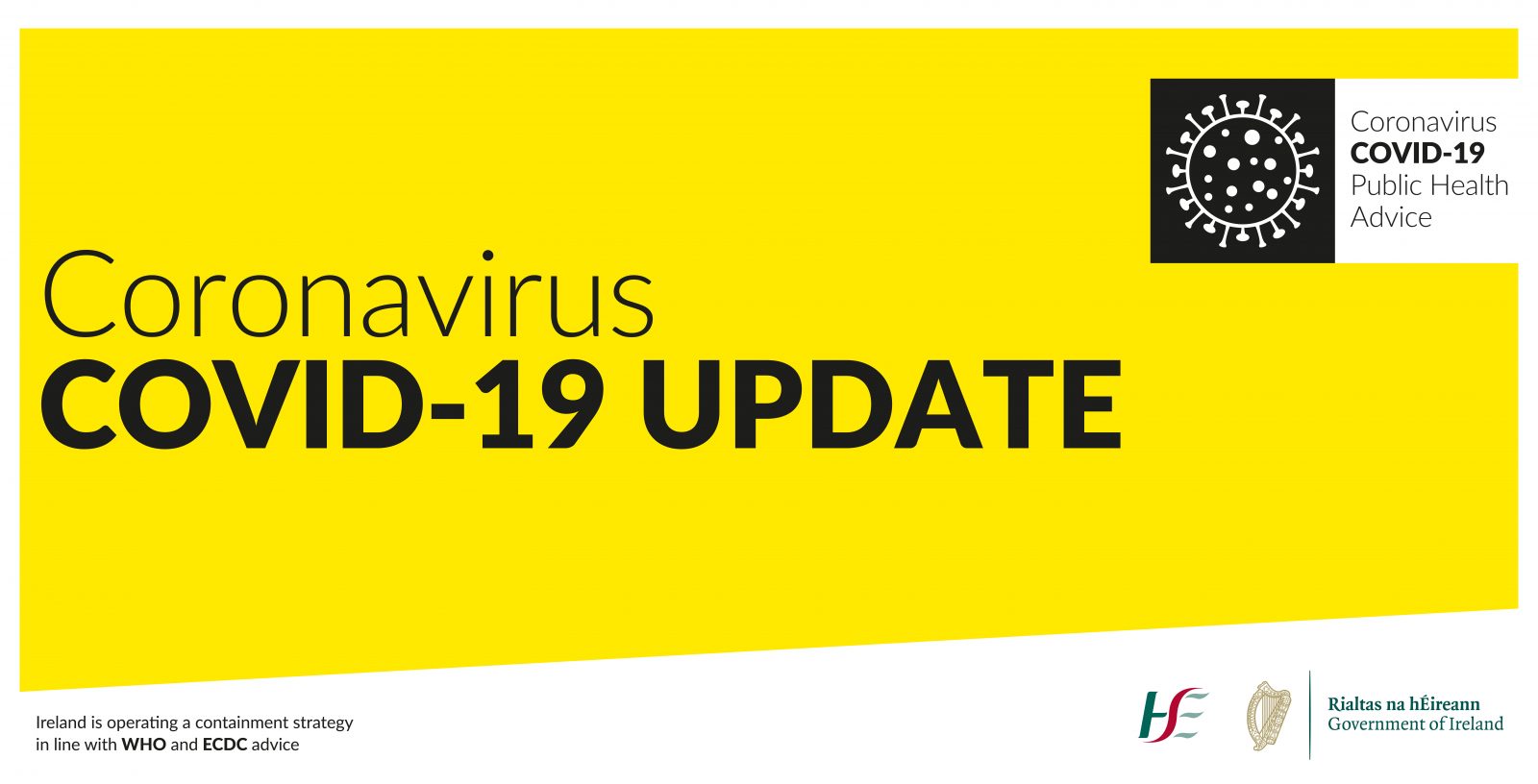Domestic Septic Tank Inspections
The Dept. of Environment, Community & Local Government in conjunction with the EPA and the HSE have published leaflets for householders with useful information on Septic Tanks and DWWTS (Domestic Waste Water Treatment System) or Bio-cycle Units.
- What to expect from an Inspection
- Is your well at risk from your Septic Tank
- Facts you should know about your Septic Tank
Inspections will be objective and evidence-based. Householders can be assured that if their systems are working properly and are being maintained, they need not be concerned. There will be a proportionate and risk-based approach to inspections, which will be targeted towards areas where drinking water sources or habitats are at risk from septic tank discharges.
Inspections under the new legislation will commence in 2013 and details will be made available at the time in the national and local media. Householders should take care not to allow uninvited persons, or persons claiming to be septic tank inspectors, to enter onto their property in advance of the launch of inspections. The National Inspection Plan published by the EPA in 2013 provides that a minimum of 1,000 inspections will take place nationally between now and July 2014.

Householders will be formally notified by their local authority if their domestic waste water treatment system is to be inspected and inspectors will be required to carry identification and to present this on request to householders.
Once notification of an inspection has been provided by a water services authority, it will be an offence for a person to prevent an inspector from entering a premises (not the dwelling), to obstruct or impede an inspector when carrying out their duties, or to provide false or misleading information regarding a treatment system to an inspector, the EPA or a water services authority. There will be no charge for inspections.
Once an Inspector has concluded the inspection they will notify the owner AND the relevant water services authority within 21 days of his/her opinion and the reasons for same. In the event a system is deemed to be unfit for purpose in its current condition then a direction to the owner to carry out necessary remediation works within a specified timeframe will be issued. Furthermore the system will have to be re-inspected once works have been completed.
It is hoped that details of where and how those inspections are to be conducted will be published shortly. It is envisaged, there will be no fee for inspections.
July 2013 – Update
Mr. Phil Hogan T.D., Minister for the Environment, Community and Local Government, today (1 July 2013) expressed his gratitude to the almost 446,000 householders who have registered their septic tanks as he announced that he has signed regulations to provide for grant assistance for householders whose septic tanks are deemed to require remediation following an inspection under the EPA’s National Inspection Plan.
The Minister stated “I am delighted that almost 90% of all owners of premises connected to such systems have registered their systems and I wish to thank those who have done so. Last December I announced that I would put in place a grants scheme in advance of inspections commencing. Inspections by the water services authorities will get underway this month and I have now signed the regulations to bring the grants scheme into operation”.
The grants scheme will apply only where a domestic waste water treatment system failed an inspection carried out under the 2012 legislation and where the treatment system had been registered by the due date of 1 February 2013.
The Minister added “The principal and immediate beneficiaries of the inspection system will be the householders, their families and their neighbours as it will address any risk to public health and the environment caused by malfunctioning systems. It will also help to enhance Ireland’s environmental reputation which in turn will have positive benefits for the tourism, agricultural and food producing sectors”.
Training of qualified local authority staff and their formal appointment as inspectors by the EPA is underway. The National Inspection Plan provides that a minimum of 1,000 inspections will take place nationally between now and July 2014.
As part of the inspection, treatment systems will be examined to ensure that they are not posing a risk to public health or the environment through leakage or discharges to the surface of the ground or into nearby ditches. There will also be checks to ensure that regulations regarding roof and surface water as well as grey water are complied with.
December 2012 – Update
The Minister for the Environment, Community and Local Government, Mr. Phil Hogan, T.D., has announced a grant scheme to provide financial assistance to households whose septic tanks and other domestic waste water treatment systems, require remediation or upgrading following inspection under the Water Services (Amendment) Act 2012.

The Minister went on to state…”Even though most of the deficiencies with septic tanks are likely to be remedied by routine maintenance including regular desludging, I am making this announcement today to reassure people that they will be assisted in meeting the costs of any remedial works that may be necessary arising from the implementation of the 2012 legislation.”
The Minister said a strict condition of eligibility for grant aid will be that the householder has registered their system by the prescribed date of 1 February 2013. The Minister stated “It will be a condition for eligibility for financial assistance under the scheme that householders comply with the legal requirement to register their system by 1 February 2013 on www.ProtectOurWater.ie.” As at 17/12/2012, 290,000 people (58%) have registered their systems. Census 2011 indicates that there are about 497,000 septic tanks and similar systems in Ireland.
EPA will publish the national inspection plan shortly.
The Regulations – Owners of domestic waste-water treatments systems need to:
- Know where their septic tank is located;
- Operate and maintain the system so it is fit for purpose and fully operational;
- The system can not pollute the environment by discharging/leaking waste anywhere it is not suppose to ie. Into the ground or any water source ;
- Roof water or surface water run-off can not enter a domestic waste water treatment system;
- The system should be de-sludged at intervals appropriate to the tank capacity and the number of persons resident in the premises connected to it or as recommended by the system’s manufacturer.
Check back regularly for updates as soon as details are made available by the Minister and Dept. of Environment.









